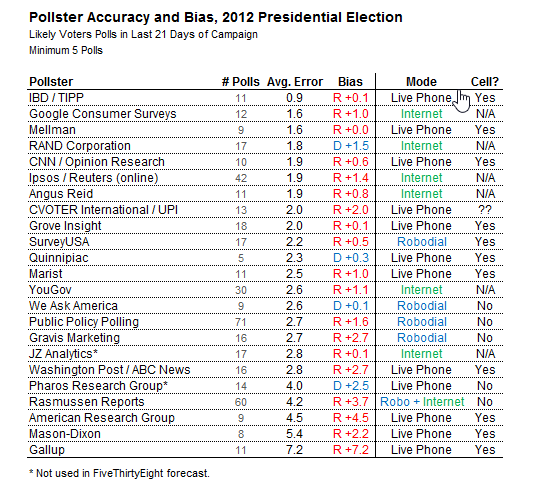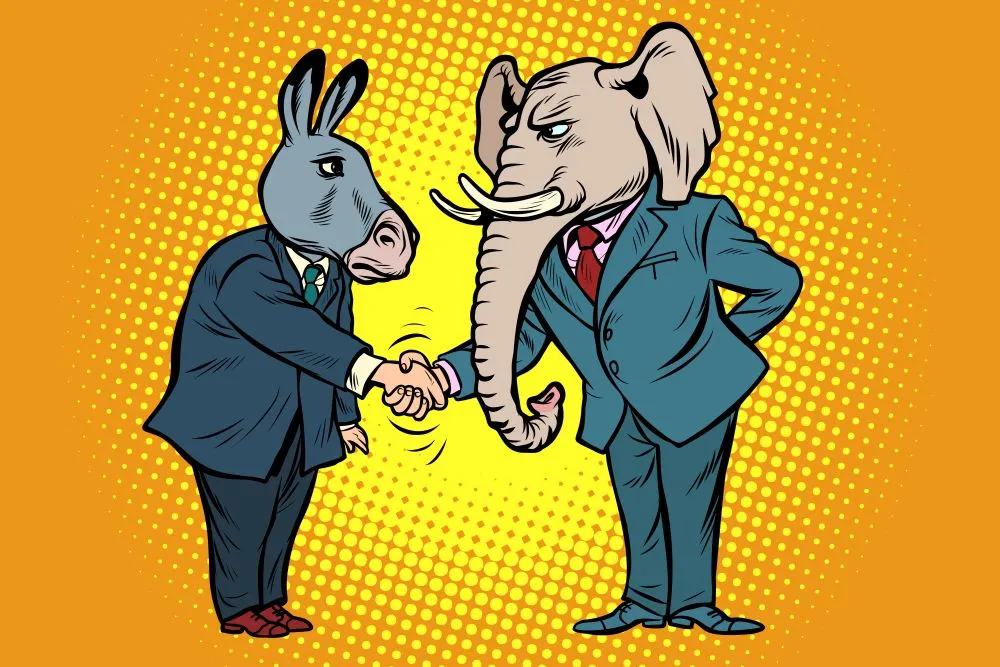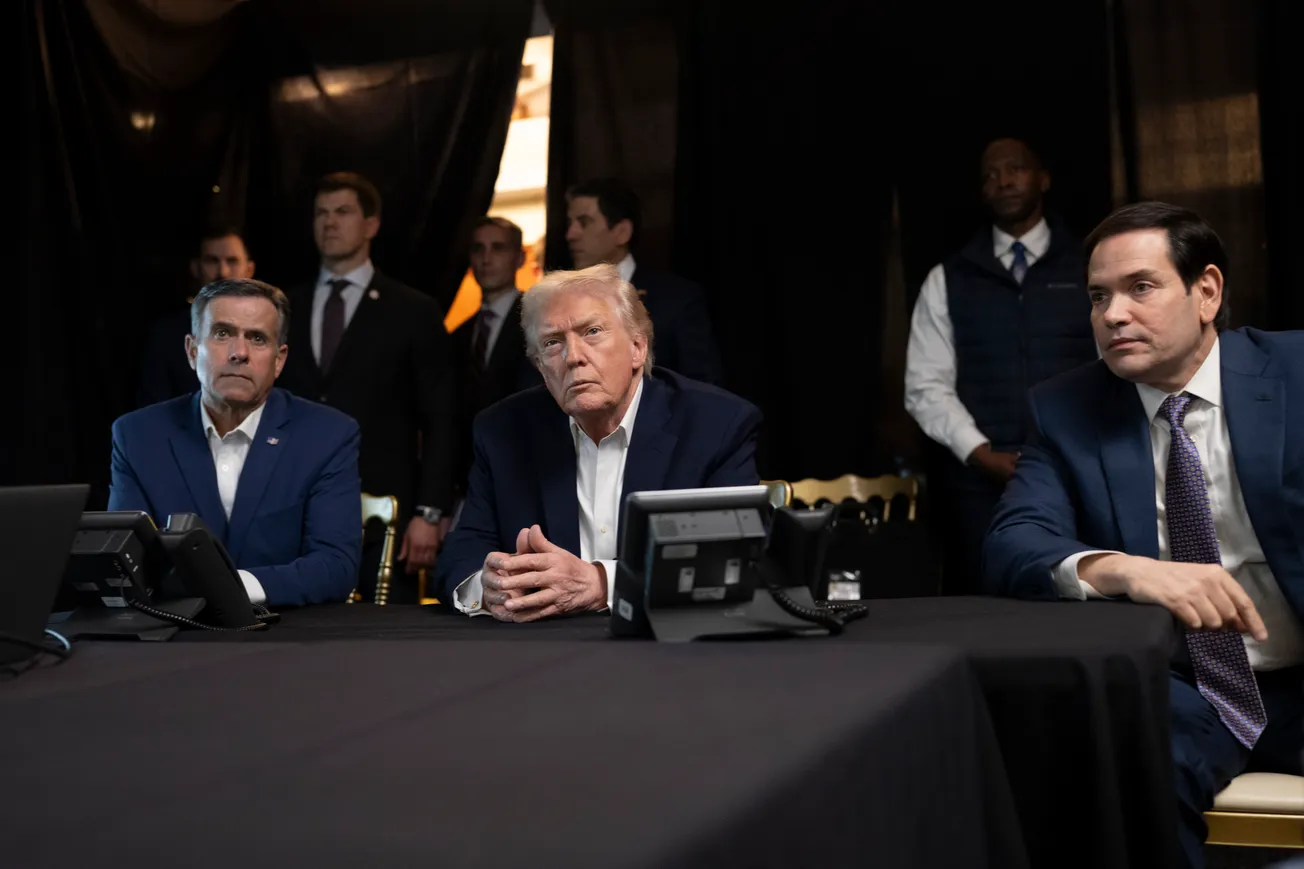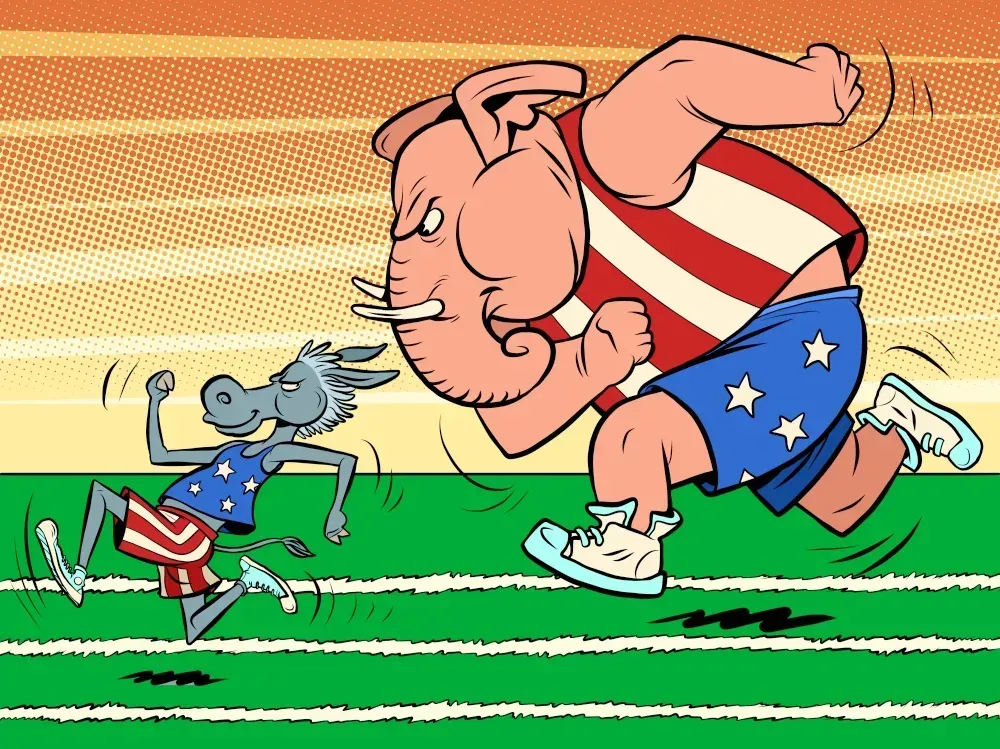Americans of all political stripes seem to agree the country faces a lot of challenges. But whom do voters trust more to deal with these issues? Democratic candidate Kamala Harris, or Republican candidate Donald Trump? The voters spoke, and Trump wins, the latest I&I/TIPP Poll shows.
Specifically, in the September I&I/TIPP Poll, 1,386 registered voters were asked this question: "Regardless of whom you support, whom do you trust more on the following issues?"
Voters were given 10 issues of national importance, including "Securing the border," "Lowering the national debt," "Improving national security," "Reducing crime," "Growing the economy," "Implementing a strong foreign policy," "Ensuring energy security/energy independence," "Fixing inflation," "Cutting spending," and "Reducing taxes."
There were three possible answers for each: "Kamala Harris," "Donald Trump," or "not sure."
The winner: Trump, who was judged by voters to be better in eight of the 10 categories. Even so, with a +/-2.8 percentage-point margin of error, the results were a statistical dead-heat in a number of issues.
Start with the ones where the leads were biggest, and unassailable, statistically speaking: On "securing the border," Trump took 55% of the total, to Harris' 37%. That's 18 percentage points. That wide gulf includes 18% of Democrats who selected Trump.
The next-biggest Trump lead is "implementing a strong foreign policy," which Trump leads Harris 50% to 42%. Closely related, on "improving national security," American voters favored Trump over Harris by 50% to 44%.
The final issue on which Trump's lead was significant — defined as outside the margin of error — was "fixing inflation." Voters trusted Trump over Harris by 48% to 44%.
All the rest of the "trust" issues were by two-percentage points or less, for both candidates, including "growing the economy" (Trump 48%, Harris 46%), "lowering the national debt" (Trump 45%, Harris 44%), "reducing crime" (Trump 46%, Harris 45%), "cutting spending" (Trump 45%, Harris 44%), "ensuring energy security/energy independence" (Harris 46%, Trump 45%), and finally "reducing taxes" (Harris 46%, Trump 45%).
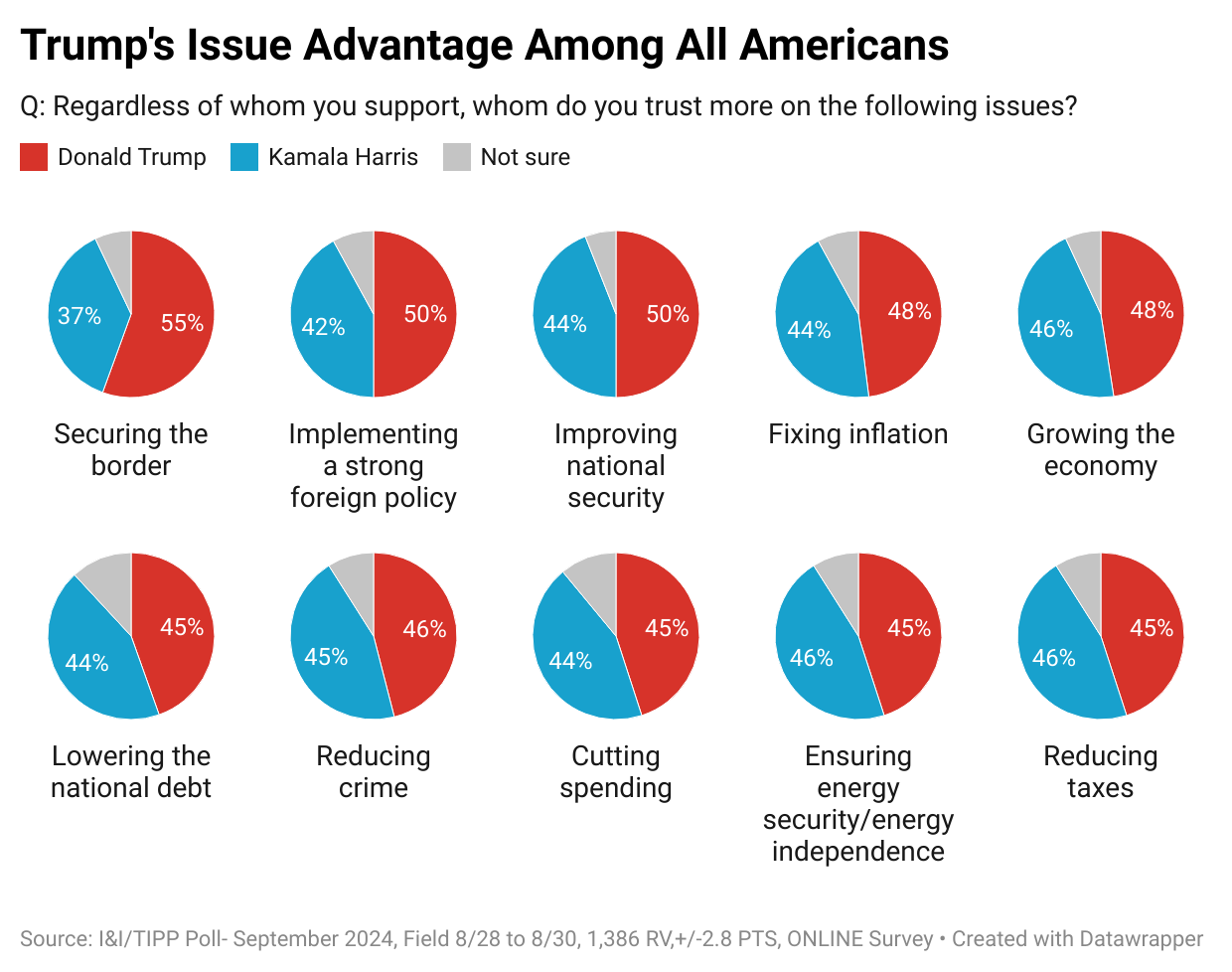
Given that both major parties, Democrats and Republicans, gave their own candidate 80% or higher on every question (the only exception: Democrats gave Harris only 75% on "securing the border"), what accounts for Trump's near-sweep of all the categories?
The answer: independents and third-party voters.
On average across all the questions, indie voters gave former President Trump 47.3% of the "trust most" voted, compared to just 36.8% for Vice President Harris. In short, Trump appears to have a substantial lead on the issues when it comes to independent and third-party voters, who make up roughly a third of all voters.
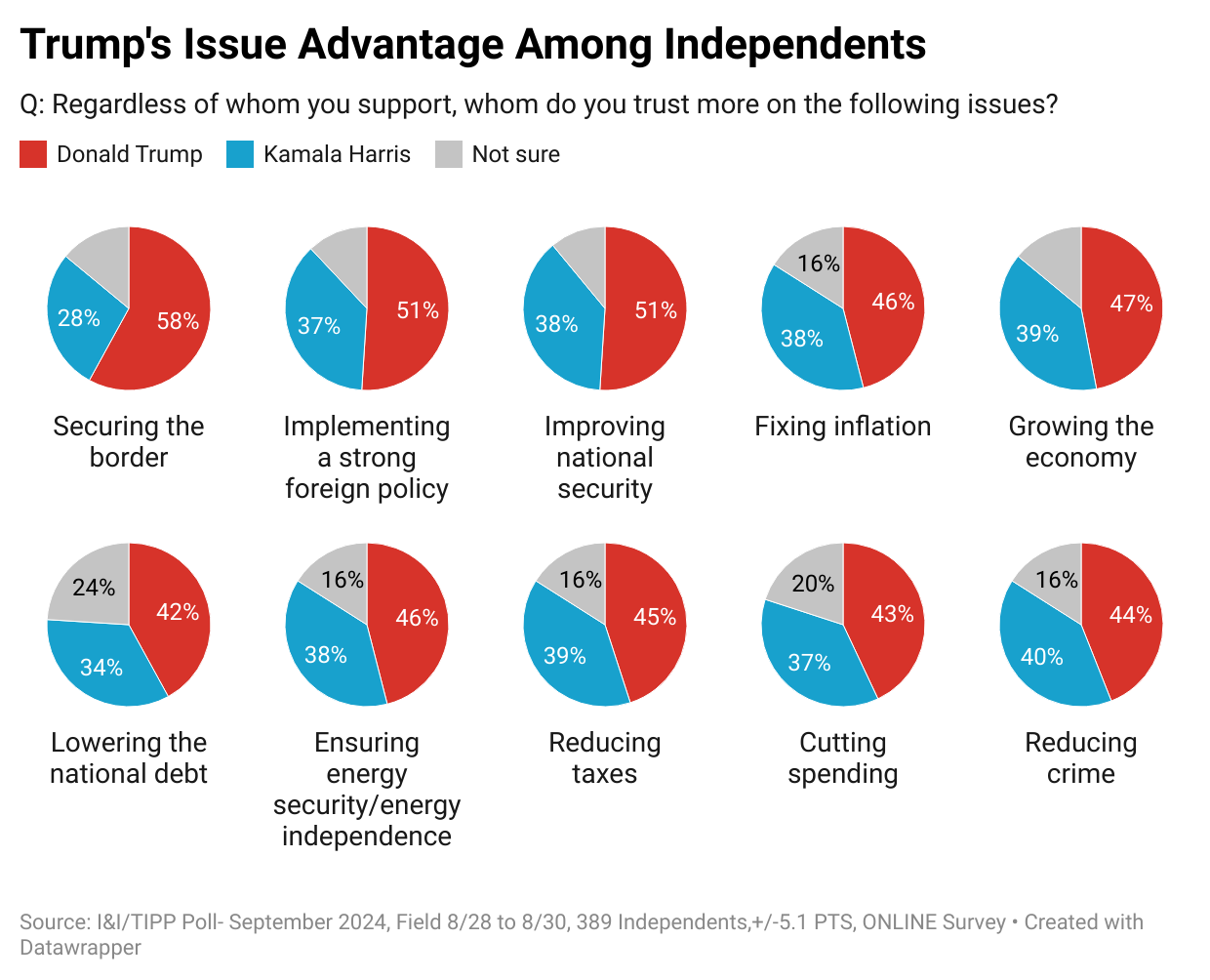
As noted in other I&I/TIPP Polls, independents/third-party voters make up a huge voting bloc. Indeed, taken together, they are a de facto third party, one which tends toward liberal stances on social issues, but toward conservative positions on fiscal issues.
According to the Pew Research Center, Democrats in 2023 made up roughly 33% of all voters, while Republicans made up about 32%. The remaining 35% were independents and third party voters who break roughly evenly between "lean Democrat" (15%) and "lean Republican" (16%).
The big question is, are independents the "silent" voters that Republican higher-ups and Trump count on to deliver a win in November? If so, will they show up in big numbers to have their voices heard?
Polls can show many things, but the most important thing — how enthusiastic a candidate's prospective voters are — is often missing. It's one thing to say you support someone; quite another to make sure you vote, donate and work for your candidate.
While Trump appears to be far more in tune with independents than Harris, it hasn't translated into a big swing in actual voting support, at least not yet: In the overall I&I/TIPP Poll, Trump holds a slender 43% to 42% lead over Harris among independents, with 9% saying they are "not sure," and 5% saying they favor "other."
There are some signs that Harris' extended "honeymoon" with voters after the Democratic Party pushed President Joe Biden out of the race might be ending.
An Economist/YouGov Poll showed Democratic voter enthusiasm plunging from 70% to just 59% in early September, while Republican enthusiasm jumped from 57% to 60%.
"Quite a sharp drop in Democratic voter enthusiasm in this month’s YouGov poll," pollster Frank Lutz commented. "The honeymoon period is officially over."
Was it all just a mirage in the first place? Some suggest the so-called "surge" for Harris following Biden's July 21 decision to drop out may have been a bit overdone, statistically speaking. Others, including the New York Times, suggest her momentum is simply gone.
Pollsters warn that some Democratic polls are "oversampling" their most ardent voters, college-educated male Democrats and women, while "undersampling" their many alienated working-class voters. That, in turn, has led to a distorted view of her actual support.
If so, this polling flaw might be hiding Harris' biggest campaign weakness of all: Her tendency to reverse earlier supposedly-firm policy stances, leading many, including within her own party, to express confusion about what she actually believes and advocates.
In a little than a month, Harris already has reversed her stance on a variety of issues, ranging from fracking, illegal immigration, and government-run health care, to guns, defunding the police, illegal immigration and even plastic straws.
This policy confusion may have brought her campaign back to Earth. Analyst Nate Silver, a favorite Democratic Party source, now sees Trump as having a 61.5% chance of winning the presidency, compared to Harris's 31.8% chance. That's a dramatic reversal from Aug. 23, when Harris was given a 53.5% chance, to Trump's 46.1%.
The reason? While Silver expects Trump to lose the popular vote (as he did in 2016 while winning the electoral college), he now gives the former president a better than even shot in all seven of the crucial swing states of Pennsylvania, Michigan, Wisconsin, Arizona, North Carolina, Georgia and Nevada.
If accurate, it signals the Harris campaign is having problems crafting a coherent, believable message for her prospective mainstream voters. Trump, meanwhile, has an advantage: He's a known quantity with four years of presidential success under his belt and a well-honed populist message that has proven popular even with many Democrats.
I&I/TIPP publishes timely, unique, and informative data each month on topics of public interest. TIPP’s reputation for polling excellence comes from being the most accurate pollster for the past five presidential elections.
Terry Jones is an editor of Issues & Insights. His four decades of journalism experience include serving as national issues editor, economics editor, and editorial page editor for Investor’s Business Daily.
Want to dig deeper? Download crosstabs from our store for a fee!
Talent On Loan From God
Our 2020 Performance As Rated By Washington Post
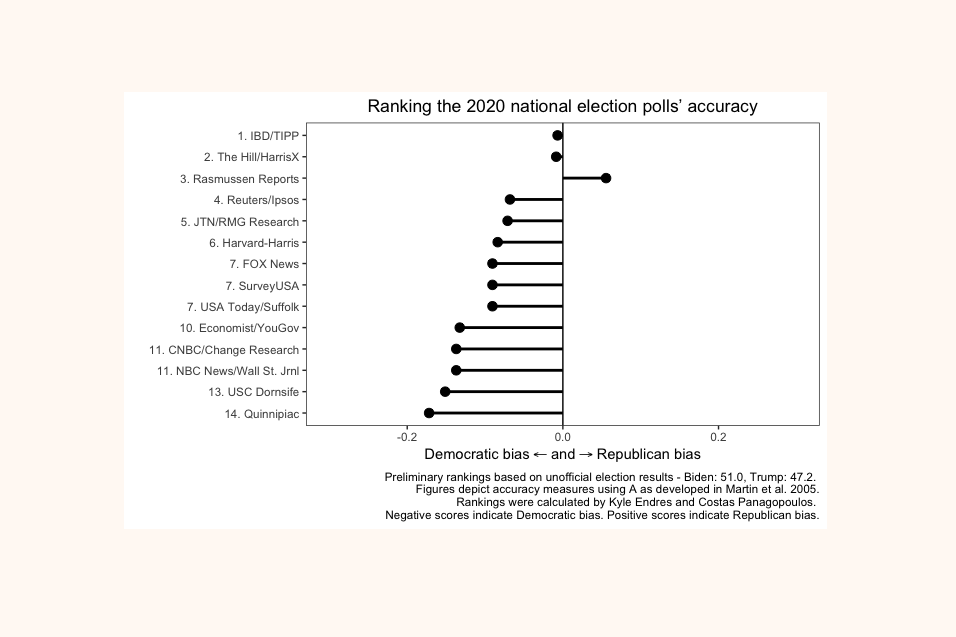
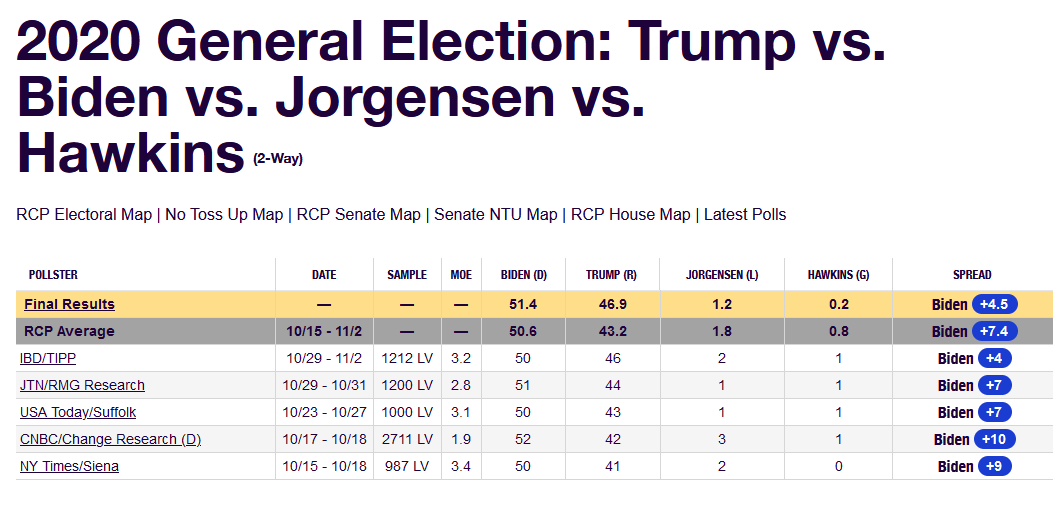
Our 2016 Performance - Unafraid, Correct Trump Call Among 11 Pollsters
"The gold standard going forward." — The Hill
"IBD/TIPP tracking poll was the only major national poll in November to give Trump the lead in a race including third-party candidates." — USA Today
"Investor's Business Daily was the best poll." — Bill O'Reilly, The O'Reilly Factor
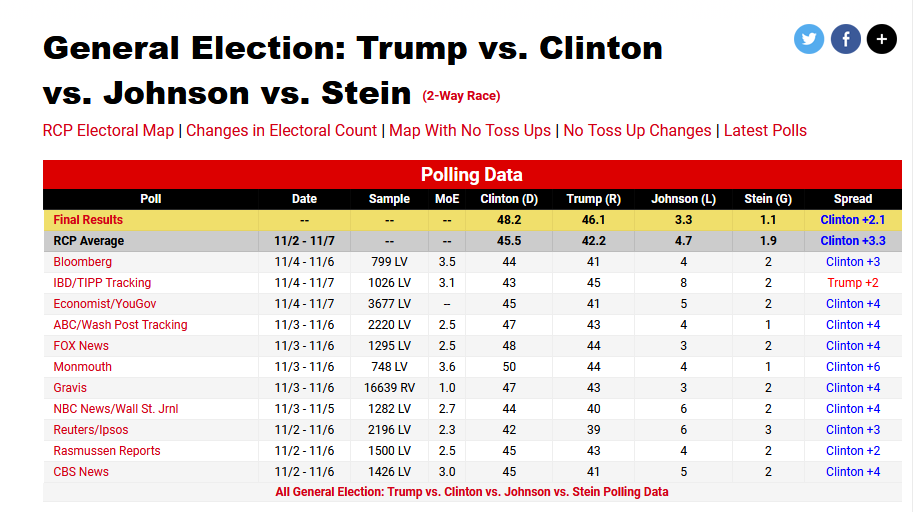
Our 2012 Performance As Rated By The New York Times
